US sanctions of a unilateral nature
The United States, as a permanent member of the United Nations Security Council bears a lot of responsibility since every permanent member is expected to remain committed to global security and collective Council action.
But the US has shown for decades that it is very much ready to take unilateral measures to get what it wants. a case in point is the American sanctions policy whereby the US has gone outside the UN Security Council mechanism to impose tough unilateral sanctions against many countries.
Even close US allies may become a target of American sanctions.
The Harry S. Truman Building in Washington DC, the headquarters of the United States Department of State, is where many major US economic sanctions programs targeting various countries around the world are devised and enforced by the politicians, diplomats and lawyers who work there.
From coercion and threats to financial punishment, the team does everything to make sure the sanctions are enforced.
Perhaps the harshest sanctions ever imposed by the US have targeted Iran, Venezuela, North Korea and the Russian Federation.
America usually defends its sanctions policy, claiming that it is aimed at changing the behavior of foreign governments, but ordinary people in targeted countries have been bearing the brunt of US sanctions.
The United States uses the sanctions as a form of hybrid warfare. It is a form of warfare, its economic warfare, and it's a modern day version of the siege warfare.
So you can imagine that the United States, without committing troops on the ground, uses sanctions as a tool in its arsenal for regime change, and for pressure campaigns, both politically, militarily and economically on countries that do not kowtow to it, do not bow to it, and do not follow Washington's policies.
Christopher Helali, Political Analyst
In Iran, the sanctions have caused economic hardship for people as well as compounding other problems.
Iranian cancer patients, for instance, have been hit hard by the adverse effects of sanctions. That is because many firms, financial institutions, and banks, which are vital and importing medicine, have been blacklisted by the US State Department.
Iran has been targeted by some of the harshest American sanctions in decades. Washington refused to give Tehran any relief, even at the height of the corona virus pandemic, when all countries needed much more financial resources to battle the disease.
Although Iran has many years of experience dealing with such economic restrictions, a considerable part of its problems are being blamed on the adverse effects of sanctions. Washington has put a lot of pressure on Iran's economy, causing its currency to lose value and pushing up its rate of inflation to unprecedented levels over the past years.
Iran's UN envoy, Majid Takhte-Ravan-Chi, has called on the UN Department of Global Communications to intensify its efforts to inform the international community about the adverse effects of sanctions on the targeted countries.
Addressing a session of the UN Committee on Information on Wednesday, Iran's permanent ambassador to the United Nations said the use of the coercive economic measures are contrary to international law, international humanitarian law, and even the UN Charter.
Majid Takhte-Ravan-Chi noted that the sanctions have undermined economic growth in the target countries, preventing their access to basic medical equipment and materials, by blocking their financial resources overseas.
If people can't have access to proper medical supplies, food, and different types of technologies that are necessary, for example, aviation, you can think of transportation, things like that, the raw materials that are necessary just for basic industry and production.
And overall, you see that there is a massive pressure put on the population, in terms of their economic power to purchase the consumer products because of the sanctions that are imposed.
So it puts tremendous pressure on the civilian population.
Christopher Helali, Political Analyst
Iran has in the past described the American sanctions policy as economic terrorism. Tehran feels the US is addicted to such coercive tools.
Despite condemnation and criticism from around the world, The United States, like most addicts, does not seem willing to change its unlawful habit in the foreseeable future.
Trump's ‘peace through strength' stained with blood of innocent kids: Larijani
Qatar's LNG shutdown severely hits global economy: Ex-CEO of Iran's fuel company
Iran deputy FM says no messages exchanged with US since war
105 civilian facilities hit, 21 hospitals damaged in US-Israeli aggression: IRCS
Iran school massacre shows global failure to enforce war crime accountability: Analyst
US-Israel attack on a Tehran hospital targeted newborns, destroyed IVF center
US to 'bitterly regret' torpedoing Iranian warship in intl. waters: Iran FM
Some Arab rulers rejoicing at US-Israeli crimes against Iran: Yemen


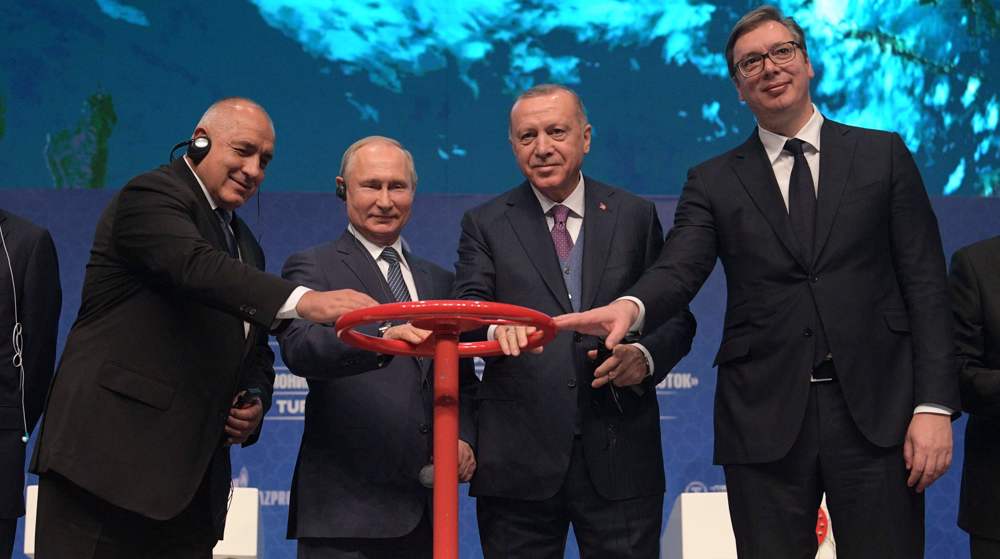
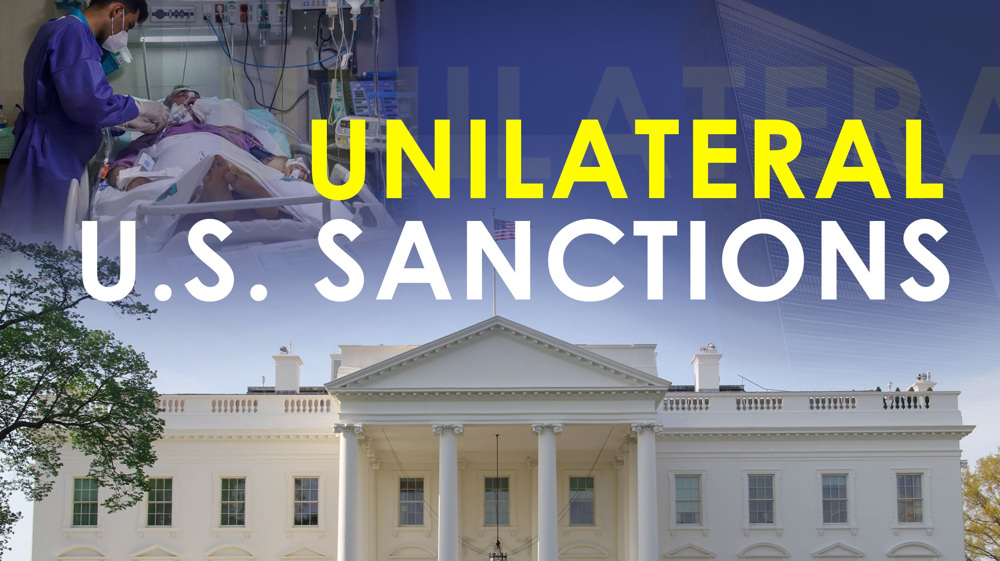
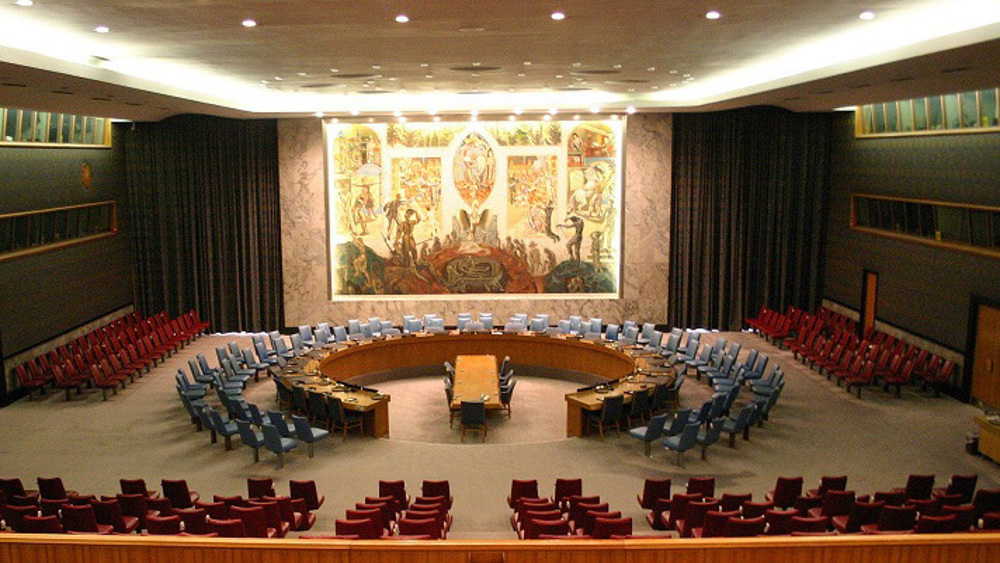
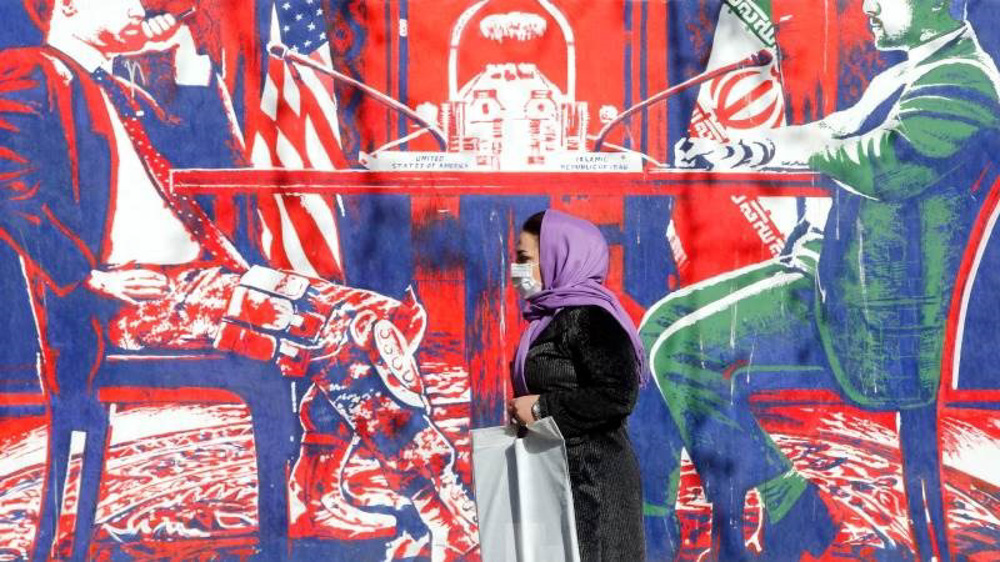
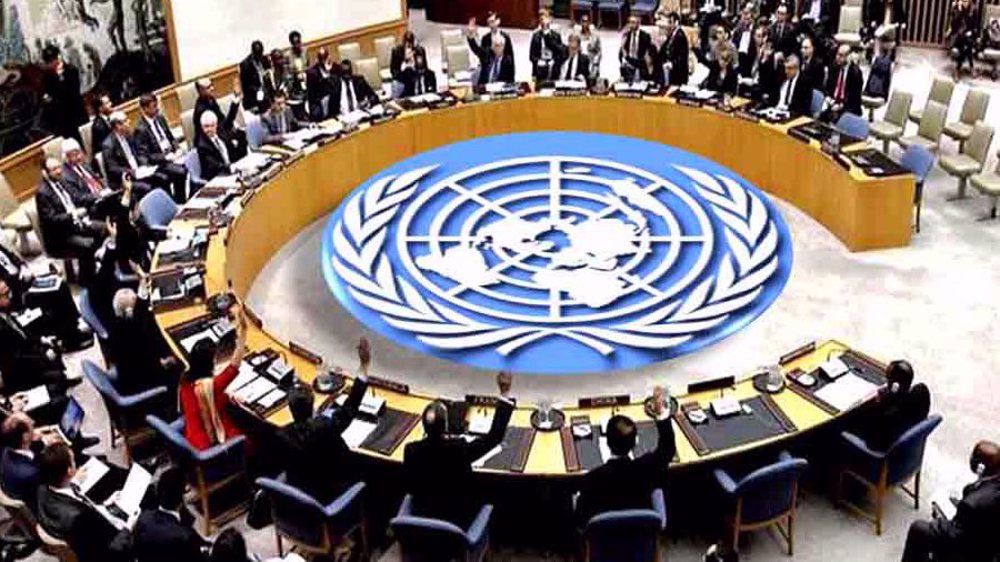
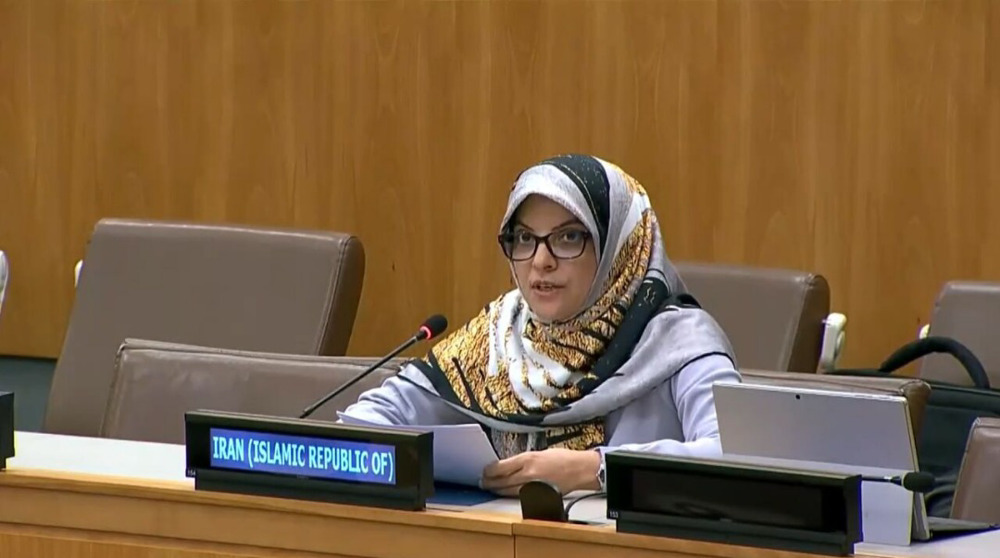
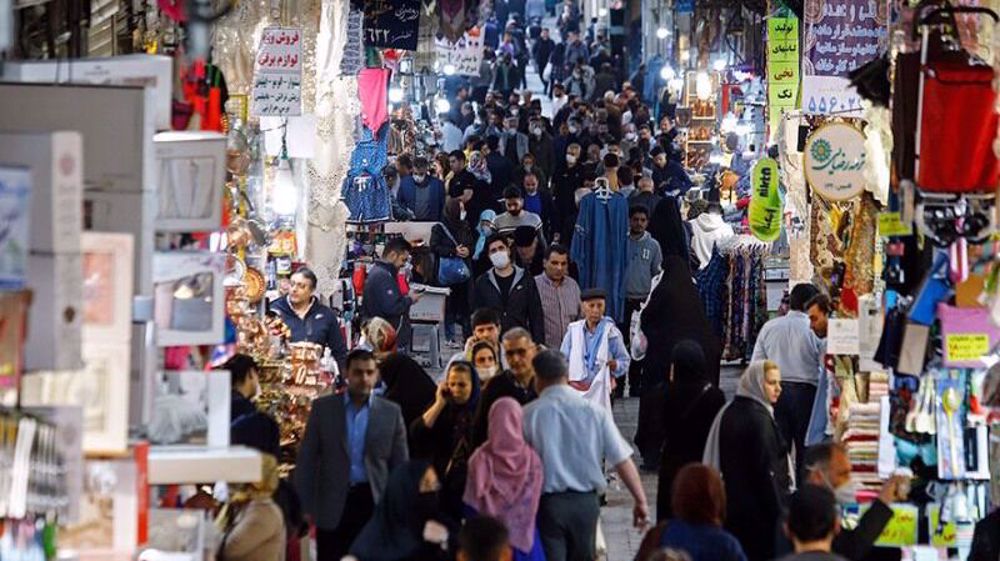
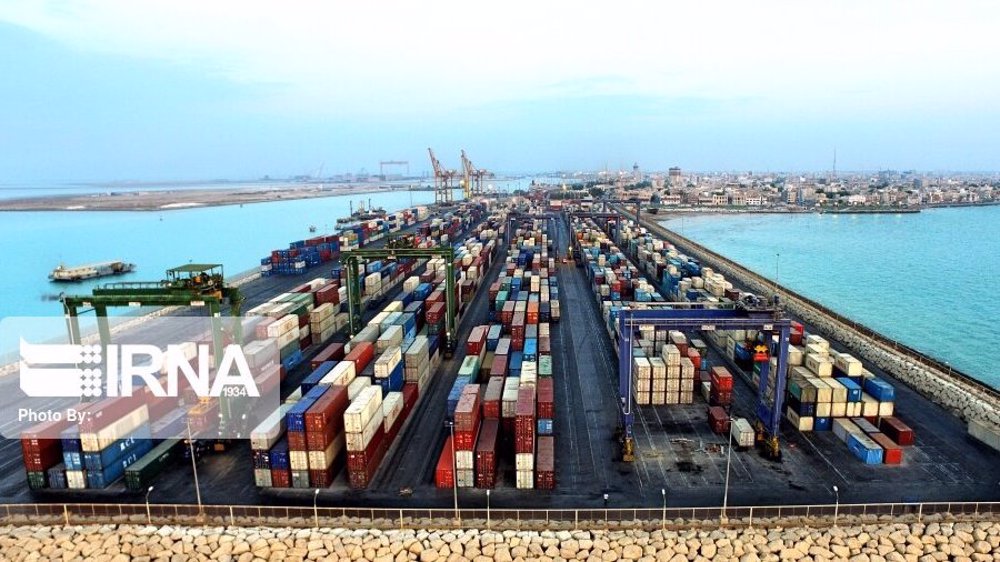
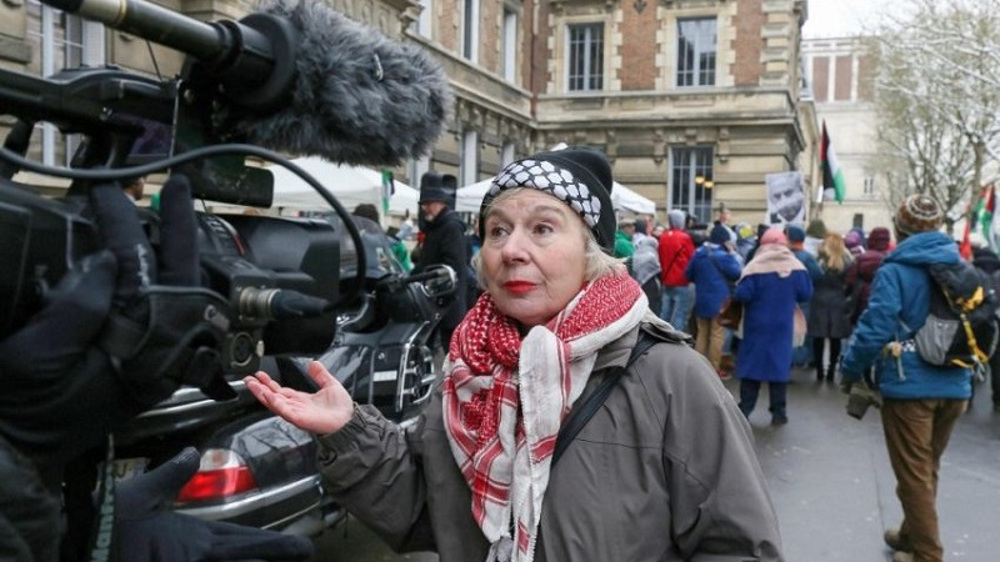
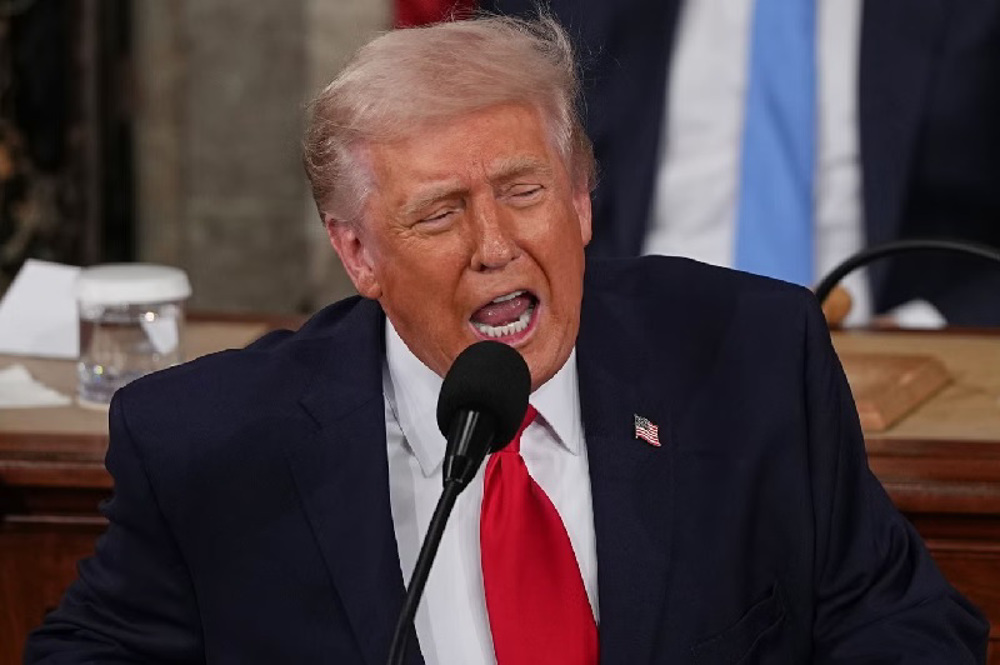





 This makes it easy to access the Press TV website
This makes it easy to access the Press TV website